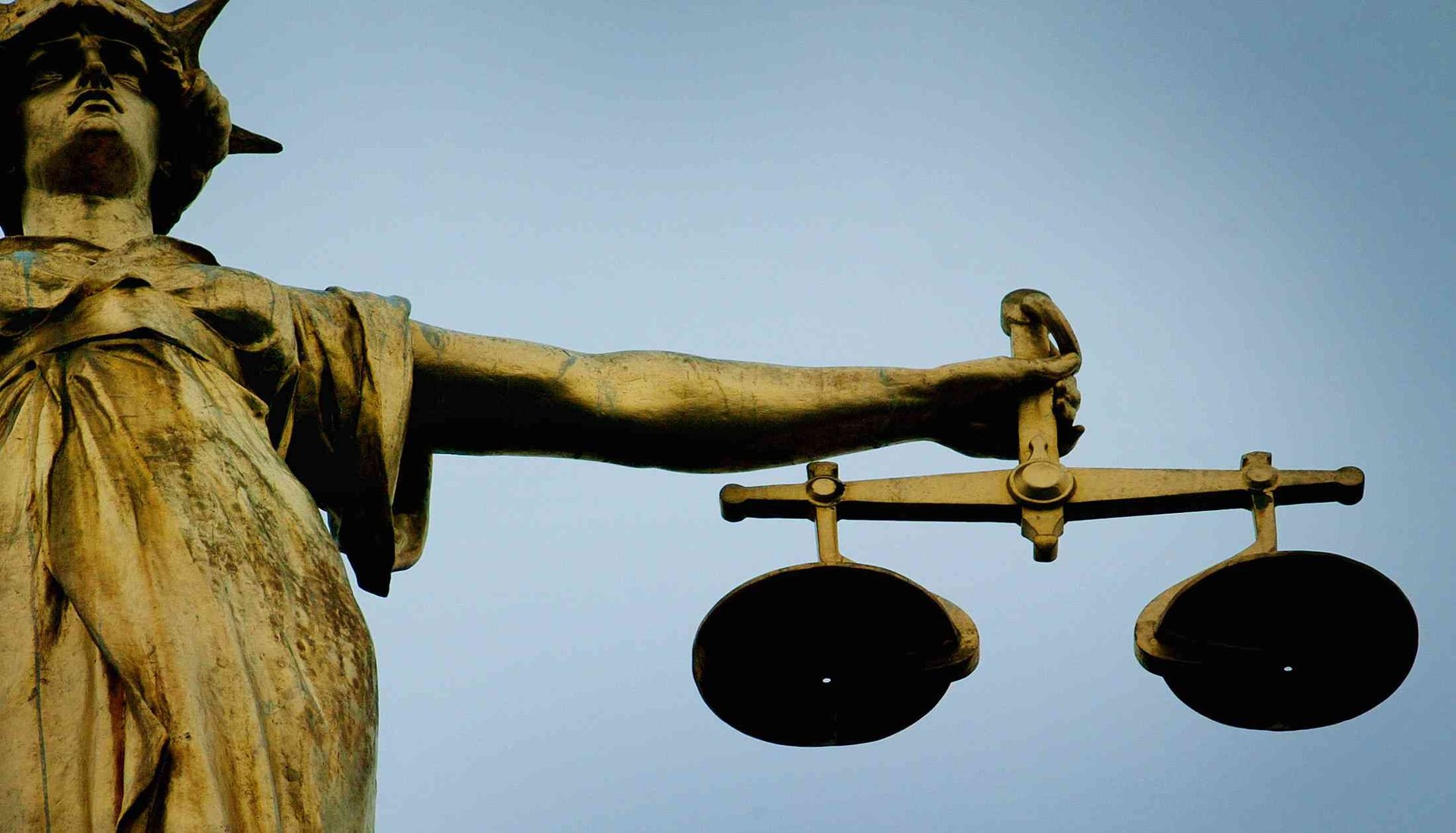If you’re confused by the concept of “privilege,” this metaphor will help
White privilege. Male privilege. American privilege. Straight privilege. Cis privilege. You’ve probably heard at least one of these terms in recent years.


White privilege. Male privilege. American privilege. Straight privilege. Cis privilege. You’ve probably heard at least one of these terms in recent years.
“But what does privilege really mean,” you may wonder, perhaps out loud, but probably in private, worried you’ll offend a friend, colleague, or relative who might identify your ignorance as a form of privilege in and of itself.
In her book The Perils of “Privilege”: Why Injustice Can’t Be Solved by Accusing Others of Advantage, Phoebe Maltz Bovy argues that “the term ‘privilege’ is a magic potion that turns otherwise dreary ideological debates into pile-ons.” As Noah Berlatzky observed last year in Quartz, the word can “quickly transform discussions about structural inequality and injustice into pointless rounds of personal confessions and attacks.”
But if we want a more just society, we can’t refrain from talking about the concept of privilege—the inherent leg-up certain people have by virtue of where they were born, what they look like, or how their demographics align with our often racist, sexist, and homophobic culture. Unpacking privilege is hard, though, because many people—who usually fall among the privileged—either get offended or self-flagellate in guilt. And that’s not helpful to the cause. When our egos are triggered, our logical brain shuts down, and respectful discourse quickly goes south.
Perhaps if there were an easy, non-accusatory way to illustrate the dynamics of privilege, we could all get on the same page and progress to the more important conversation: how to dismantle privilege and promote equality. As a journalist who writes about gender, lives in Brooklyn, and was educated at a hyper-liberal college in Vermont, a state with a pro-socialist US senator, I’ve seen many people attempt this feat. But until yesterday, I’d never seen anyone succeed.
Writing on Twitter, Arlan Hamilton, founder of Backstage Capital, a seed-stage investment fund that’s invested in 100 companies, all of which have at least one founder who is a woman, person of color, or LGBTQ, gave a beautifully succinct and accessible definition of privilege.
As a black, queer woman with no formal education, who built a venture capital fund while homeless, Hamilton knows what it means to be underestimated, overlooked, and straight-up discriminated against—the fundamental consequences of lacking privilege in America. And yet, she isn’t interested in attacking the white, rich, straight men who, for years, shut her out. Instead, she’s interested in educating them.
Most of us, regardless of our race, wealth, gender, or sexuality, can relate to the experience Hamilton describes. You’re attending a show, perhaps a movie or concert, and either having your view totally blocked by the tall person in front of you or realizing that you’re blocking the view for the short person behind you. It’s not a contentious situation, it’s just annoying; you both paid for the show, you both want to enjoy the show. Swapping positions and moving one row back, if you’re the tall person, probably won’t detract at all from your experience, though it will drastically improve the other person’s experience.
If we extend this metaphor, the entire concert community (including the performer, venue, and hosting city) benefits, because if the taller person steps back so the shorter person can see, both people enjoy the show, both are more likely to rave about it to friends, and subsequently, both are more likely to buy more show tickets and encourage others to do the same. The community, and economy, advances together.
There are still complex questions about the concept of privilege not addressed by Hamilton’s tweet. But it does clarify an essential point, often overlooked in debates about privilege: When those who have been shot down by society rise up, those who were born lucky do not fall down.